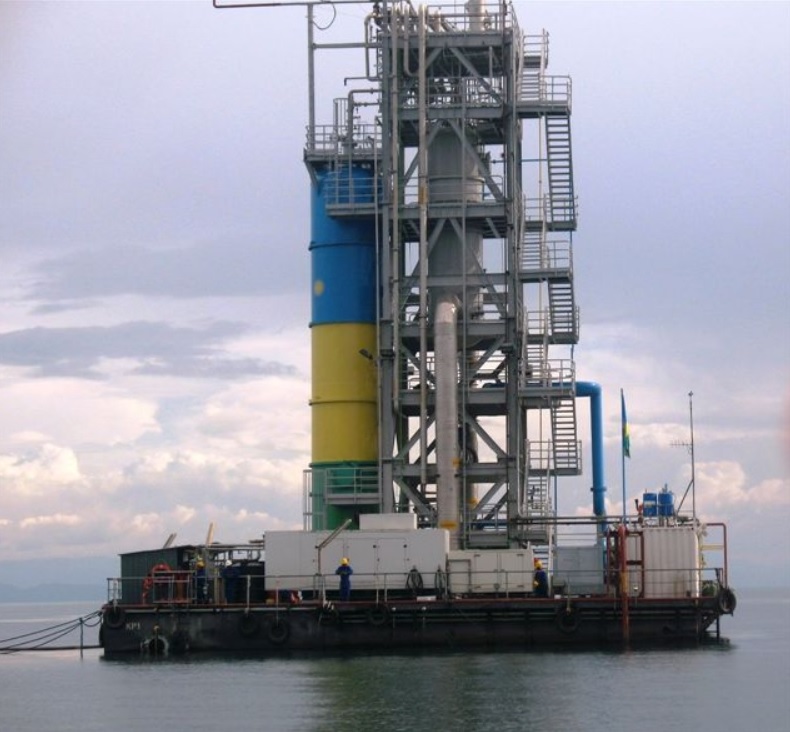India Reports Methane-Mitigating Bacteria, Offering New Hope for Climate Change Mitigation
Dr. Rahalkar's team identified and described a novel genus and species of methanotroph, named Methylocucumis oryzae, from the rice fields and wetlands of Western India.

- Country:
- India
India has made a significant breakthrough in climate science with the discovery of its first indigenous cultures of natural methane-mitigating agents. Researchers from the MACS Agharkar Research Institute, led by Dr. Monali Rahalkar, have isolated and described novel methanotrophic bacteria from rice fields and wetlands in Western India, a crucial step in addressing the global methane challenge.
Methane, the second most potent greenhouse gas after carbon dioxide, has a global warming potential 26 times greater than CO₂. It is primarily produced by methanogens in wetlands, ruminants, rice fields, and landfills. However, methanotrophs—methane-oxidizing bacteria—counteract this effect by oxidizing methane into CO₂ and water, thus playing a vital role in controlling methane levels in the atmosphere.
Dr. Rahalkar's team identified and described a novel genus and species of methanotroph, named Methylocucumis oryzae, from the rice fields and wetlands of Western India. This newly discovered bacterium, characterized by its oval, cucumber-like shape, was dubbed "methane-eating cucumber" due to its distinctive appearance. This methanotroph, notable for its large size and strict mesophilic nature, remains unique to India and has not been reported from other parts of the world.
Recent studies have found Methylocucumis oryzae to be a significant component of the methane cycle in a stone quarry in Pune, suggesting its role in mitigating methane in various habitats. Additionally, this bacterium has shown promise in promoting rice plant growth by inducing early flowering and increasing grain yield when applied to the popular Indrayani rice variety.
Despite its potential, Methylocucumis oryzae faces challenges, including slow growth rates that limit its large-scale cultivation for climate mitigation and biotechnological applications. However, its abundance in wetlands and rice fields suggests it is performing its methane-mitigating role effectively in nature.
The discovery of Methylocucumis oryzae has been documented in the Indian Journal of Microbiology, with earlier reports published in notable scientific journals such as Microbial Ecology, Antonie van Leeuwenhoek, Frontiers in Microbiology, and International Microbiology. The ongoing research and future improvements in culturing conditions could enhance the applications of this unique methanotroph in addressing climate change challenges.










